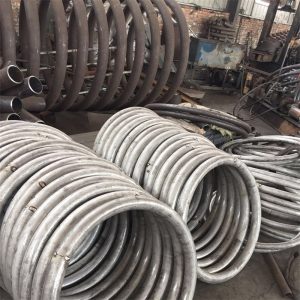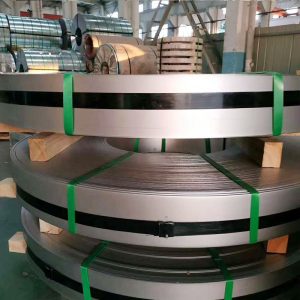Is 201 stainless steel good quality?
04-23-2024
Stainless steel, a popular material used in various applications ranging from kitchenware to industrial equipment, is known for its durability, corrosion resistance, and aesthetic appeal. Among the various types of stainless steel, 201 stainless steel is a common choice due to its cost-effectiveness and wide availability. However, the question remains: is 201 stainless steel good quality?
Basic properties and composition of 201 stainless steel
201 stainless steel is an austenitic steel, meaning it has a high chromium content that gives it its corrosion-resistant properties. However, it differs from other more expensive stainless steel grades like 304 or 316 in terms of its alloy content. 201 stainless steel has a lower nickel content and a higher carbon content, which can affect its corrosion resistance and mechanical properties.
Properties of 201 Stainless Steel
Corrosion Resistance: Compared to higher-grade stainless steels, 201 steel has lower corrosion resistance. It is prone to rusting and staining in environments with high humidity or exposure to chlorides, acids, and alkalis.
Mechanical Properties: 201 stainless steel has good formability and weldability, making it suitable for various manufacturing processes. However, its strength and hardness are lower than those of higher-grade steels.
Appearance: 201 steel can be polished to a smooth, shiny finish, making it visually appealing for applications like kitchenware and architectural components.
From the point of view of production and processing
201 stainless steel has good processing properties and can be made into various shapes and sizes. However, due to its poor corrosion resistance, higher grades of stainless steel may be required for applications requiring long-term exposure to high corrosive environments.
In addition, the price of 201 stainless steel is usually more affordable than high-grade stainless steel (such as 304, 316), which makes it widely used in some occasions where the material requirements are not so strict. However, this does not mean that 201 stainless steel is the best choice in all cases. For applications where excellent corrosion resistance and service life are required, high-grade stainless steel may be more appropriate.
In general, 201 stainless steel is a good choice in some cases, especially considering its price factor. However, for applications requiring high corrosion resistance and long-term stability, higher grades of stainless steel may be more appropriate. When choosing stainless steel materials, decisions need to be made according to the specific use environment and needs.








